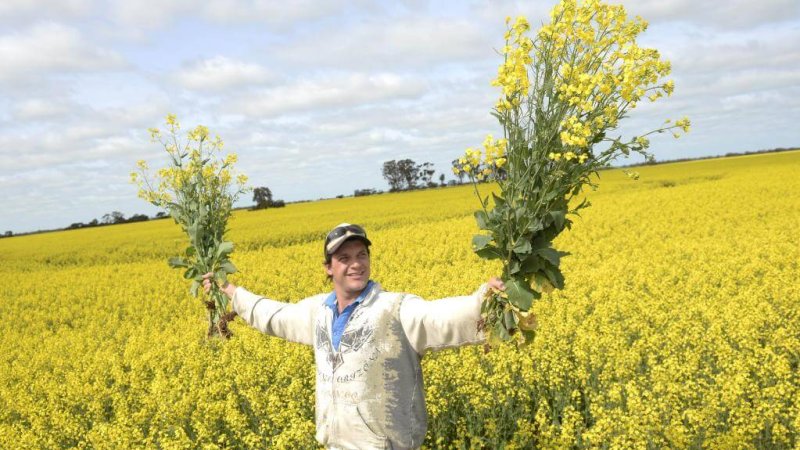South Australian grain growers are loudly lamenting the cost of their state’s ban on genetically modified (GM) crops which threatens to stop them growing the revolutionary new omega-3 canola.
Australian and New Zealand regulators have given the green light to Nuseed’s omega-3 variety for use in animal, fish and human foods.
One hectare of the new omega-3 canola has the potential to provide the same omega-3 oil yield as 10,000 kilograms of wild-caught fish according to Nuseed, a division of Nufarm.
The canola variety is the world’s first plant-based source of long-chain omega-3 fatty acids, most commonly found in seafood.
Grain Producers South Australia (GPSA) chairman, Wade Dabinett, said global demand for omega-3 oil was far outstripping supply which is why it was important science and technology had delivered a solution which was “far more environmentally sustainable”.
“However, it is disappointing SA cannot take part in such a breakthrough because our growers are prohibited to grow GM crops,” he said.
…
Mr Dabinett said the SA Government continued to argue its GM moratorium delivered premium prices to the state, but GPSA was yet to see any evidence farmers were paid more for their grain or had any other market advantage because of the moratorium.
Read full, original post: GM ban re-think demanded as `fishy’ canola markets denied to SA growers































